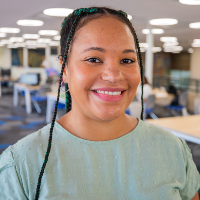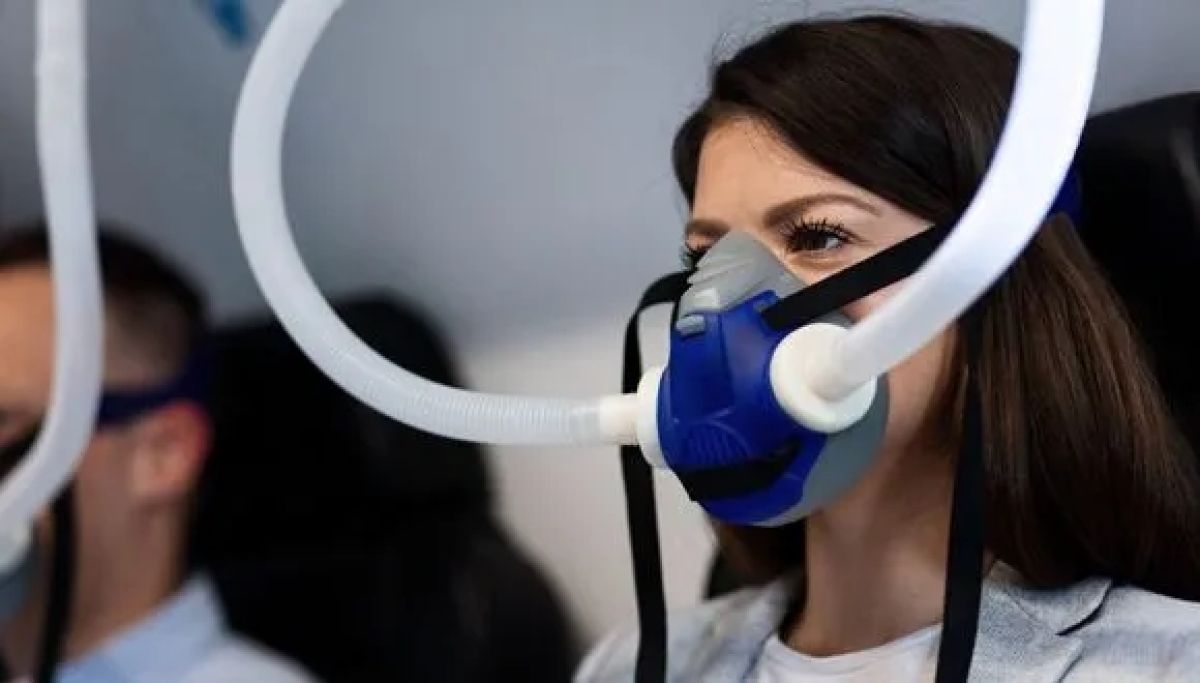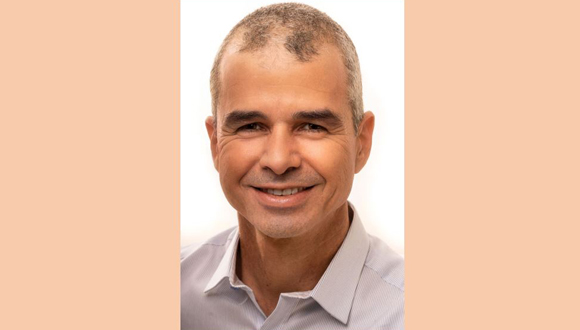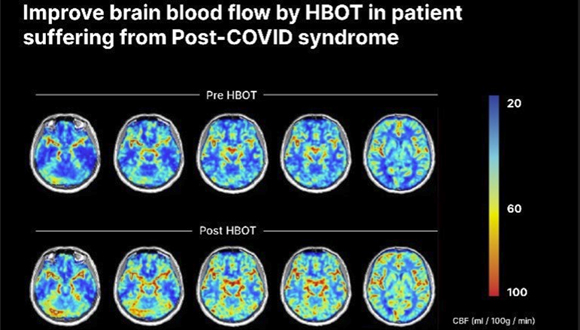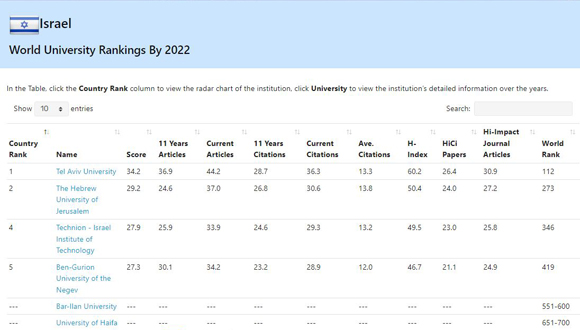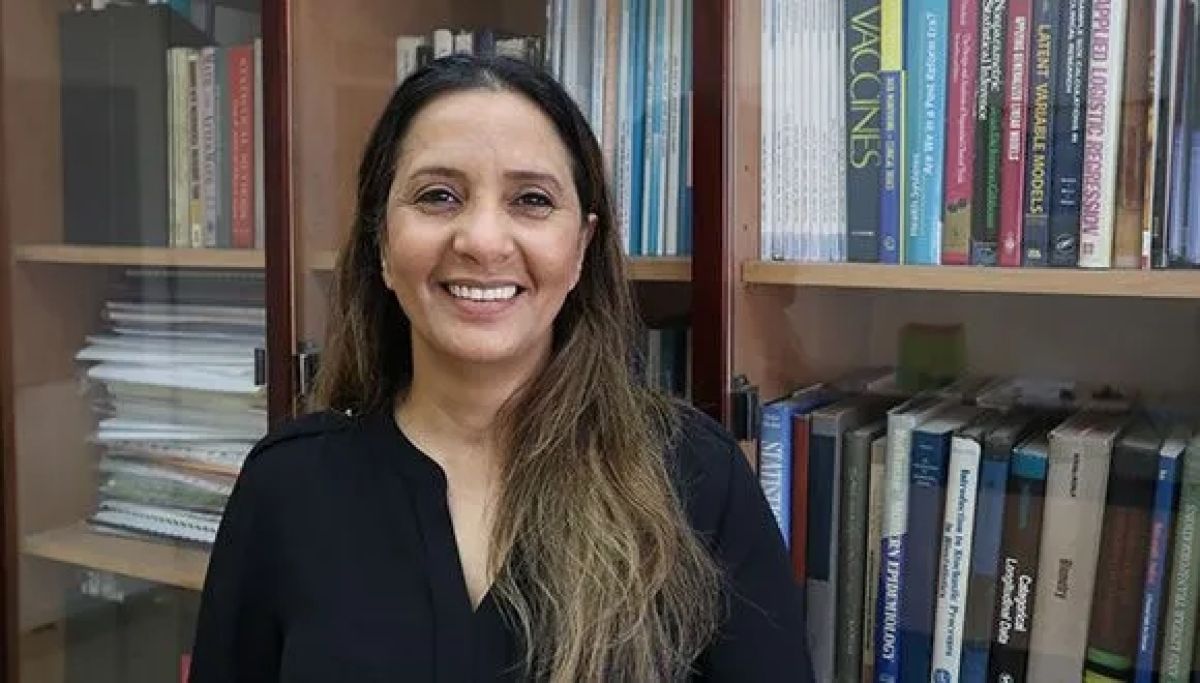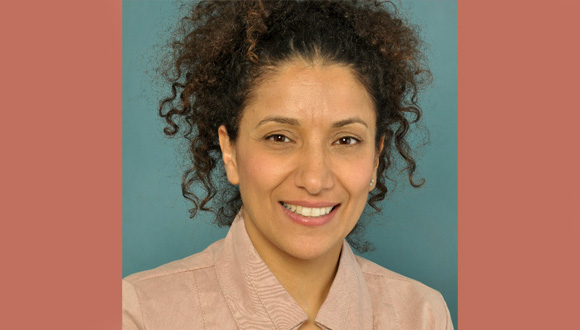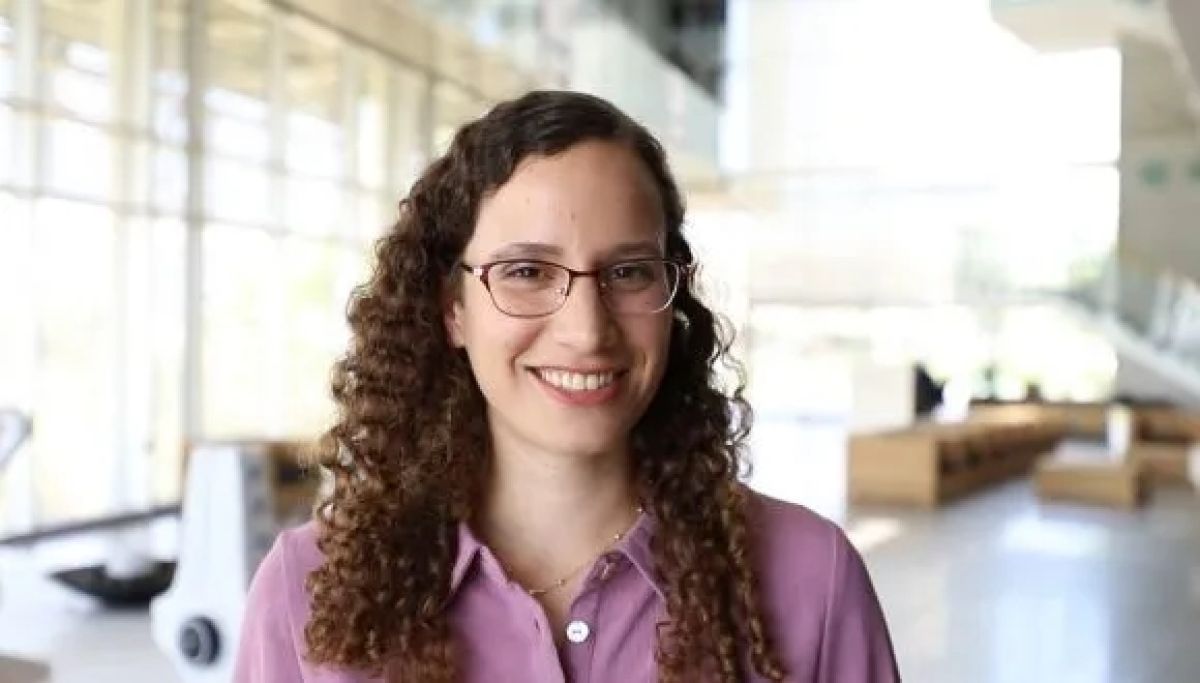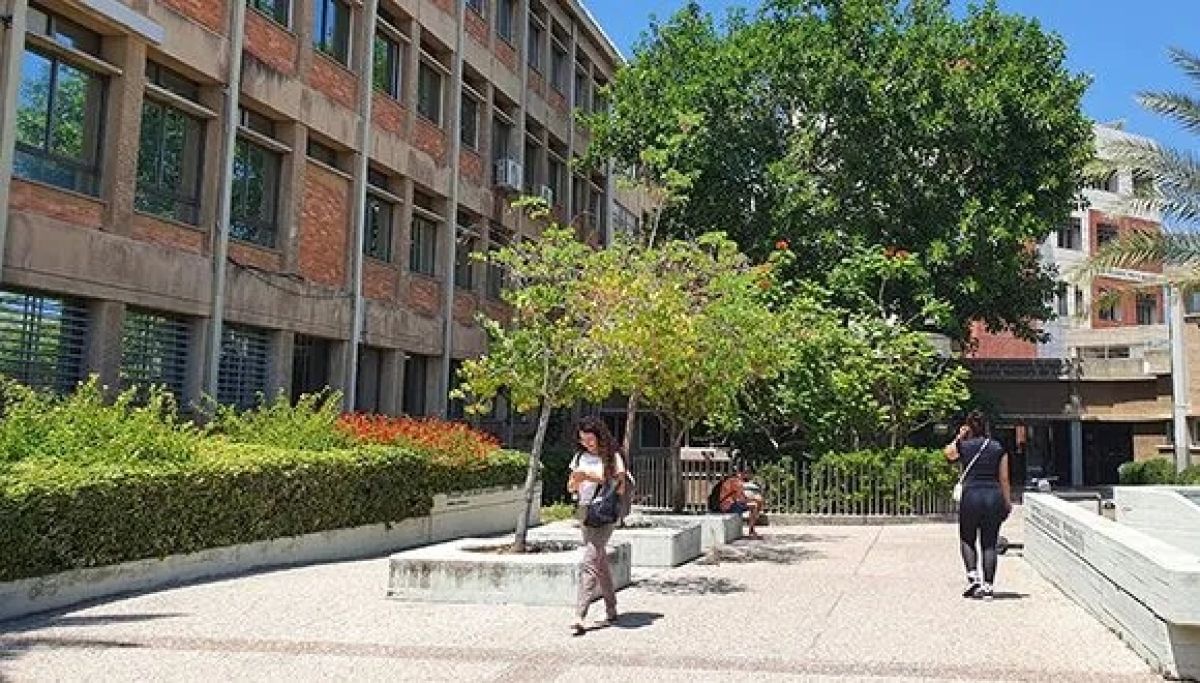Historic Designation for TAU’s Cymbalista Synagogue & Jewish Heritage Center
Campus landmark is currently the most modern structure with protected status from top Israeli conservation authority.
The Cymbalista Synagogue and Jewish Heritage Center at Tel Aviv University was designated as a protected “Heritage Site” by one of Israel’s top conservation authorities, TAU announced this week.
Completed in 1998, the building is currently the most-modern from around the country to hold the status from the Council for the Conservation of Heritage Sites in Israel. The designation of this status signifies the building’s unique qualities, both in its architectural and social aspects. The designation ensures the physical preservation of the Cymbalista Synagogue as a building of historic significance.
The Cymbalista Synagogue and Jewish Heritage Center is located at the heart of the campus. With its broad rectangular base rising into two spiraling towers emblematic of a Torah scroll, the impressive building is a landmark work of architecture on campus and in Israel. It functions as a synagogue. The Center also serves as an academic and cultural meeting ground and includes a study room, a library, an auditorium, and a museum. Those affiliated with TAU can use the synagogue as a venue for weddings and bar mitzvahs.
In the Spirit of Respect
Swiss real estate developer, philanthropist, and TAU Honorary Doctor and Governor Norbert Cymbalista and his wife Paulette commissioned the building. It was devised to house a synagogue and bridge the gaps between religious and secular segments of Israeli society—and between the different denominations of Judaism: Orthodox, Conservative and Reform—in an academic environment.
“I am thrilled about the new designation, which reaffirms my decision to create a space in the spirit of respect for tradition, but also in the realization that dialogue and acceptance of different viewpoints are essential for Israel’s development as a democratic society,” says Cymbalista.

Cymbalista explains that the building’s initial construction plans were solely for a synagogue. However, the assassination of former Israeli Prime Minister Yitzhak Rabin by an Israeli Jew reinforced Cymbalista’s fear that the most dangerous challenge facing Israel was the rift between the religious and secular segments of the population, which he believed could tear the country apart.
Therefore, he identified the opportunity to do more and create a comprehensive center, where those two realities of Israel life could meet and engage in dialogue within an academic environment. As such, the building’s design was expanded to nearly double the original blueprint to include an auditorium, beit midrash (study facility for Jewish scripture), and Judaica museum—the first of its kind in the Tel Aviv area.
“I hope that the Cymbalista Synagogue and Jewish Heritage Center will continue to serve as a focal point of activity and that I will see its impact on further strengthening ties in my lifetime,” adds Cymbalista.
Symbol of Unity, Community & Pluralism
“Cymbalista Synagogue and Jewish Heritage Center is situated at the heart of campus and is a symbol and an example of unity and community,” says TAU President Prof. Ariel Porat. “The Center reflects the liberal and pluralistic nature of Tel Aviv University. I would like to express my gratitude to Norbert Cymbalista, a loyal friend of the University and the State of Israel, for his significant contribution to promoting these important values on campus.”
Renowned Swiss architect Mario Botta designed the building. It contains materials and furnishings from around the world, including the Torah ark made of Pakistani onyx stone, golden-hued stone interior walls from Tuscany, black granite flooring from Zimbabwe, a red brick stone exterior from the Italian Dolomites, and a light wood ceiling from Switzerland.
Dr. Yair Lipshitz, Head of the Cymbalista Jewish Heritage Center at TAU: “The new designation is an immense honor for the Center, and an exciting recognition of its architectural and cultural importance. In many ways, the building is a profound response to the question of what it means to foster Jewish culture at the heart of Tel Aviv University.”
“Its multipurpose functionality offers a complex, dynamic and unique interplay between the various facets of being Jewish in Israel today,” he adds. “The preservation of such a building as a heritage landmark ensures the endurance of the vision that is set in its stones – a vision for a rich, pluralistic, multi-voiced Israeli culture.”



